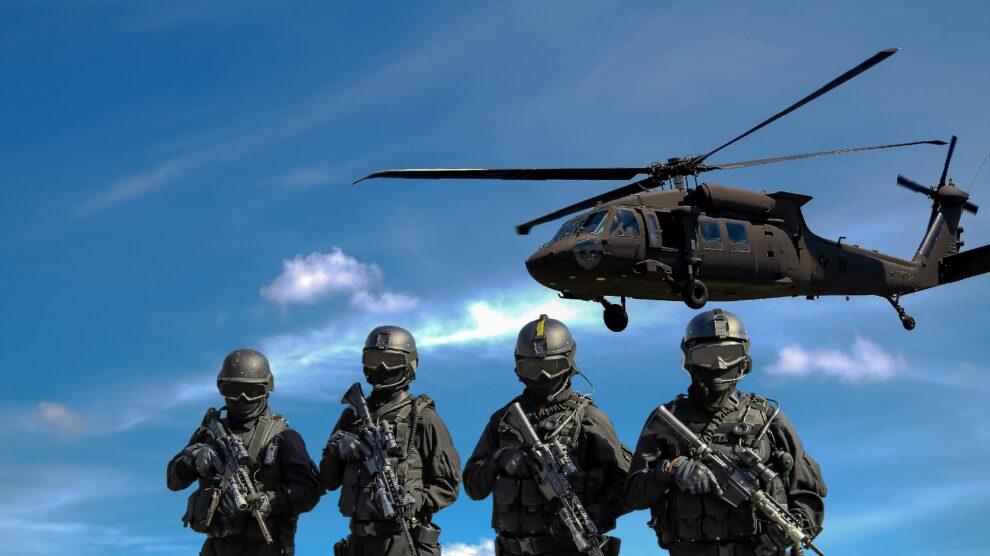In The Global Peace Alliance, Kizzi Nkwocha argues that the pursuit of peace is not just a political goal but a moral responsibility. He frames peace as a universal duty — one that transcends national borders, political divisions, and ideological constraints. The book opens with a sobering reflection on the world’s repeated failures to prevent mass atrocities in places like Syria, Yemen, and Rwanda. These crises reveal a profound moral void: when powerful nations hesitate, civilians pay the ultimate price.
Nkwocha’s proposed Global Peace Alliance (GPA) addresses this ethical deficit. Unlike traditional peacekeeping missions, which are often hindered by politics or delayed responses, the GPA would act swiftly, decisively, and impartially. It would prioritize humanity over sovereignty — a principle already recognized in the UN’s “Responsibility to Protect” framework but too inconsistently applied. The book makes the case that neutrality should never mean indifference to suffering.
The importance of this idea is clear. In an interconnected world, inaction in one region reverberates globally — through refugee flows, extremism, and economic instability. The GPA’s moral foundation reminds us that protecting human dignity is not an act of charity but an ethical necessity for global stability. It reframes peacekeeping as a shared moral enterprise, not a burden for a few nations to shoulder.
The Global Peace Alliance ultimately calls on the international community to see peace as a sacred obligation — a measure of civilization itself.

